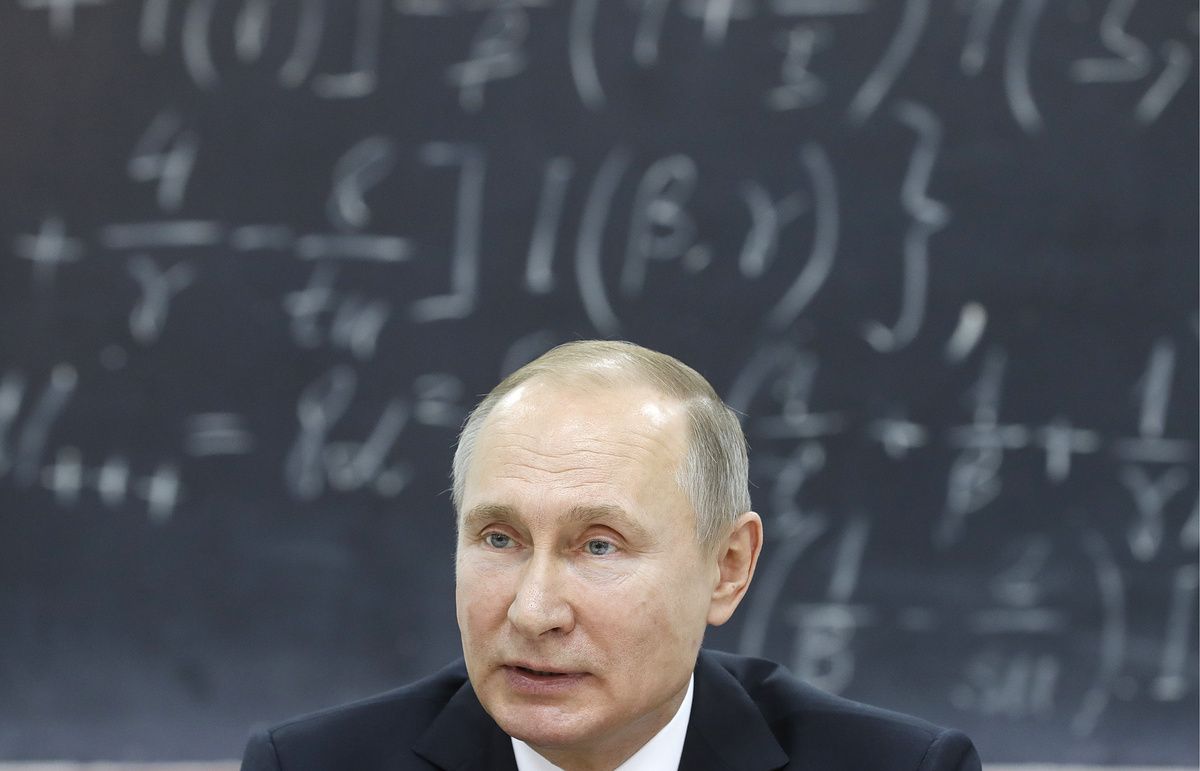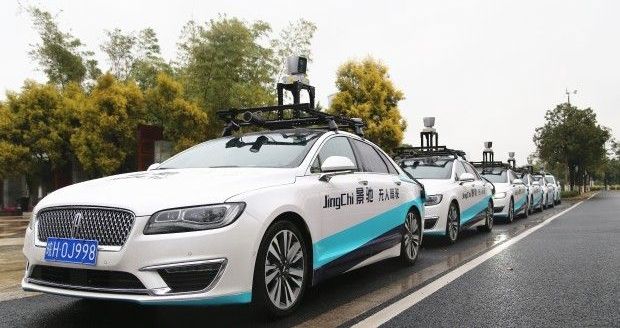What progress is being made in the field of reversing aging — the grand humanitarian project to extend healthy lifespan?
In this London Futurists online video conference, a number of healthspan extension researchers and activists from around the answered questions such as:
• What do you know now, that wasn’t known, or which was less clear, back in January 2017?
• What progress has encouraged you? And what disappointments have there been?
• Overall, what have we learned? And what should the field do differently in the future?
We’ll discussed developments in the understanding of:
• The underlying science of aging
• The most effective medical interventions to slow or reverse aging
• The most effective forms of advocacy, to change public opinion regarding this field
• The social and economic consequences of significantly extended healthspans.
== Panellists ==
Elizabeth Parrish, CEO of BioViva Sciences Inc, https://bioviva-science.com/ — known as “patient zero” for two anti-aging therapies that her company is researching.
Ilia Stambler, Author of the definitive history of life extensionism, http://www.longevityhistory.com/ and Outreach Coordinator at International Society on Aging and Disease (ISOAD), http://www.isoad.org/.







